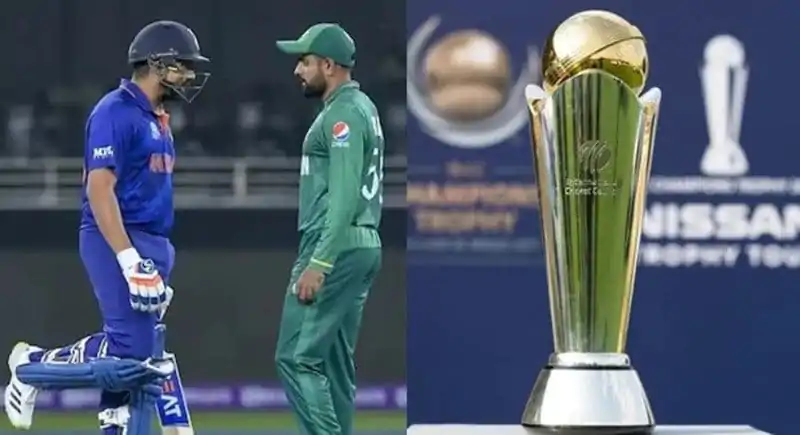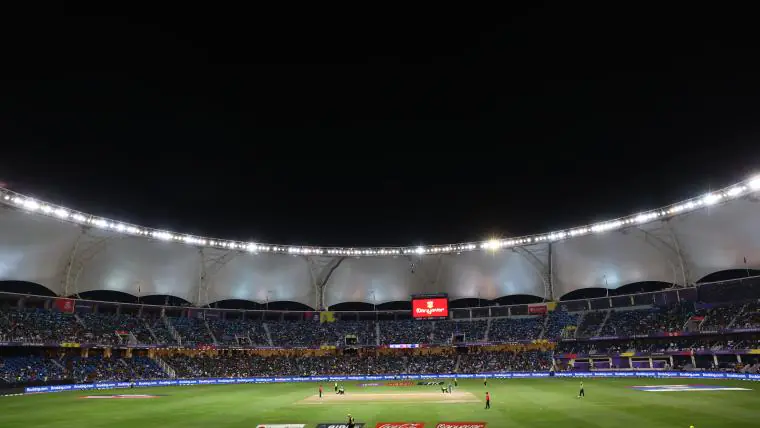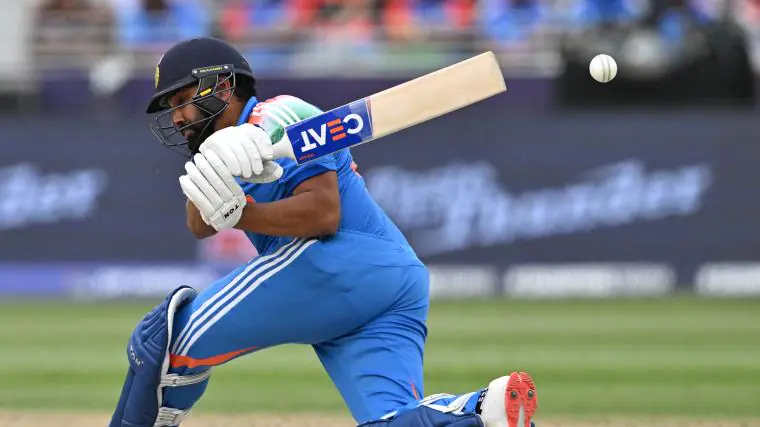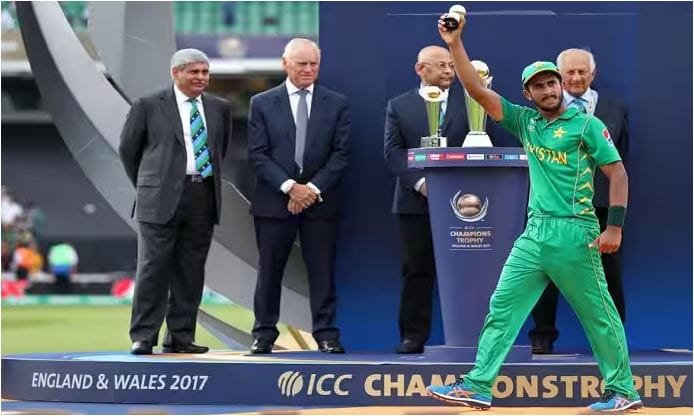
As tensions escalate between the Pakistan Cricket Board (PCB) and the Board of Control for Cricket in India (BCCI), Pakistan is reportedly considering legal action if India refuses to participate in the ICC Champions Trophy 2025, scheduled to be hosted in Pakistan. With diplomatic friction spilling over into the cricketing world, this issue threatens to become a significant international legal and political dispute.
In this article, we explore the background, potential legal implications, and what might be next if the BCCI stands by its refusal to travel to Pakistan.
India’s Refusal to Play in Pakistan and the Rising Tensions
India has made it clear that it does not intend to send its cricket team to Pakistan for the ICC Champions Trophy in 2025, citing security concerns and ongoing political tensions. This decision comes after years of strained relations between the two nations, who haven’t played a bilateral series since 2007. While Pakistan has traveled to India for various ICC events, including the recent 2023 Cricket World Cup, India’s refusal to reciprocate has led to increased friction.
The PCB has been steadfast in its stance that the Champions Trophy will be played entirely on Pakistani soil, dismissing India’s suggestion for a hybrid model where Indian matches could be held in a neutral venue like Dubai. PCB Chairman Mohsin Naqvi emphasized that all tournament matches would take place within Pakistan, as per the original hosting agreement.
Pakistan’s Potential Legal Action
Faced with India’s refusal, Pakistan is reportedly weighing the option of taking the dispute to the Court of Arbitration for Sport (CAS) or another international tribunal. This would be a significant escalation, as it would involve bringing the matter before a legal body that oversees international sports disputes.
According to Pakistani government sources, if India’s boycott proceeds, Islamabad may take strong measures, including seeking arbitration or imposing future bans on playing against India in multilateral tournaments. The PCB and Pakistani officials have suggested that they would explore every available legal avenue to ensure that Pakistan’s hosting rights are not undermined.
What is the Court of Arbitration for Sport (CAS)
The CAS is an independent institution established to settle disputes related to sports through arbitration. If Pakistan takes India to the CAS, it could argue that India’s refusal to play violates the agreements signed with the International Cricket Council (ICC). The PCB could seek damages for potential financial losses and request that the ICC enforce its original decision granting Pakistan hosting rights.
However, taking this route would not be straightforward. The legal process would involve presenting substantial evidence, such as security guarantees and compliance with ICC regulations. Additionally, the case could take months or even years to resolve, potentially impacting the Champions Trophy schedule.
Political Dimensions: Cricket as a Diplomatic Battlefield
The standoff between the PCB and BCCI is more than just a sports issue—it reflects broader political tensions between India and Pakistan. The two countries have a long history of using cricket as a tool for diplomacy, but in recent years, the sport has become another casualty of their strained relations.
While Pakistani officials have insisted that there are no security concerns for Indian players, the BCCI remains unconvinced. The Indian board’s stance appears to be influenced by the Indian government’s cautious approach to diplomatic engagement with Pakistan, particularly in light of past cross-border incidents.
Economic Consequences for Both Nations
Beyond the legal and political implications, there are significant financial stakes involved. Hosting the Champions Trophy is a major opportunity for Pakistan to showcase its cricketing infrastructure and attract global attention. If India pulls out, it could lead to considerable revenue losses for the PCB. However, a boycott could also backfire on the BCCI, as it might affect India’s participation in future ICC tournaments and its commercial agreements with sponsors.
A senior Pakistani official noted, “If India doesn’t attend, we may lose revenue, but they will lose too if we don’t play them in future tournaments.” Pakistan has made significant investments to upgrade its stadiums and security protocols, confident that they meet international standards.
The Hybrid Model Proposal: A Sticking Point
In response to India’s concerns, the BCCI has proposed a hybrid model similar to the one used in the 2023 Asia Cup, where India played its matches in Sri Lanka. However, PCB Chairman Mohsin Naqvi has firmly rejected this idea, insisting that all matches will be held in Pakistan.
The PCB’s stance is rooted in a desire to assert its sovereignty and prove that Pakistan is capable of hosting international events safely. Agreeing to a hybrid model would, in their view, set a precedent that undermines Pakistan’s ability to host future ICC events independently.
International Cricket Council’s Role: Finding a Solution
The ICC, which awarded the hosting rights of the Champions Trophy to Pakistan, now finds itself in a difficult position. It must balance the interests of both member boards while ensuring the integrity of the tournament. If the standoff continues, the ICC may be forced to consider alternative solutions, such as relocating the event to a neutral venue or implementing another hybrid model.
However, such compromises could have long-term repercussions for Pakistan’s standing within the international cricket community. The ICC will likely aim for a diplomatic solution to avoid a drawn-out legal battle that could tarnish the sport’s reputation.
What Lies Ahead?
With the Champions Trophy scheduled to take place from February 19 to March 9, 2025, time is running out for a resolution. Pakistan is unlikely to back down on its demand to host the tournament in its entirety, while India remains steadfast in its refusal to send its team to Pakistan.
The coming months will be crucial as both boards, along with the ICC, attempt to navigate this delicate situation. Whether through diplomacy, legal action, or compromise, the outcome will have significant implications for the future of cricket between these two nations.
Conclusion
The clash between India and Pakistan over the Champions Trophy is more than just about cricket—it’s a reflection of the deep-seated political tensions that have plagued their relationship for decades. Inzamam-ul-Haq’s calls for sportsmanship and mutual respect seem to be falling on deaf ears as the issue takes a turn towards international arbitration. For fans of the game, it’s a frustrating reminder of how politics can overshadow the spirit of cricket.
As the ICC, PCB, and BCCI continue their negotiations, one thing is clear: the stakes are higher than ever. The Champions Trophy 2025 could either become a testament to the unifying power of sports or another chapter in the long-standing rivalry between India and Pakistan.
Check out the Champions Trophy Stats


